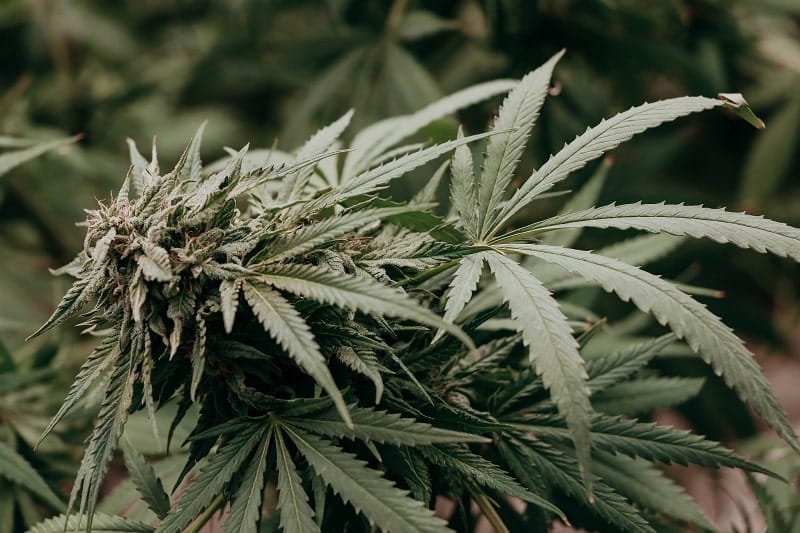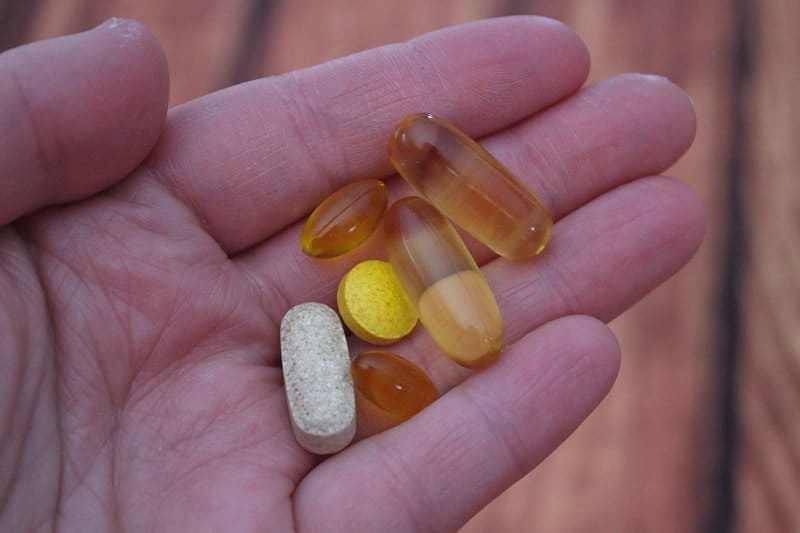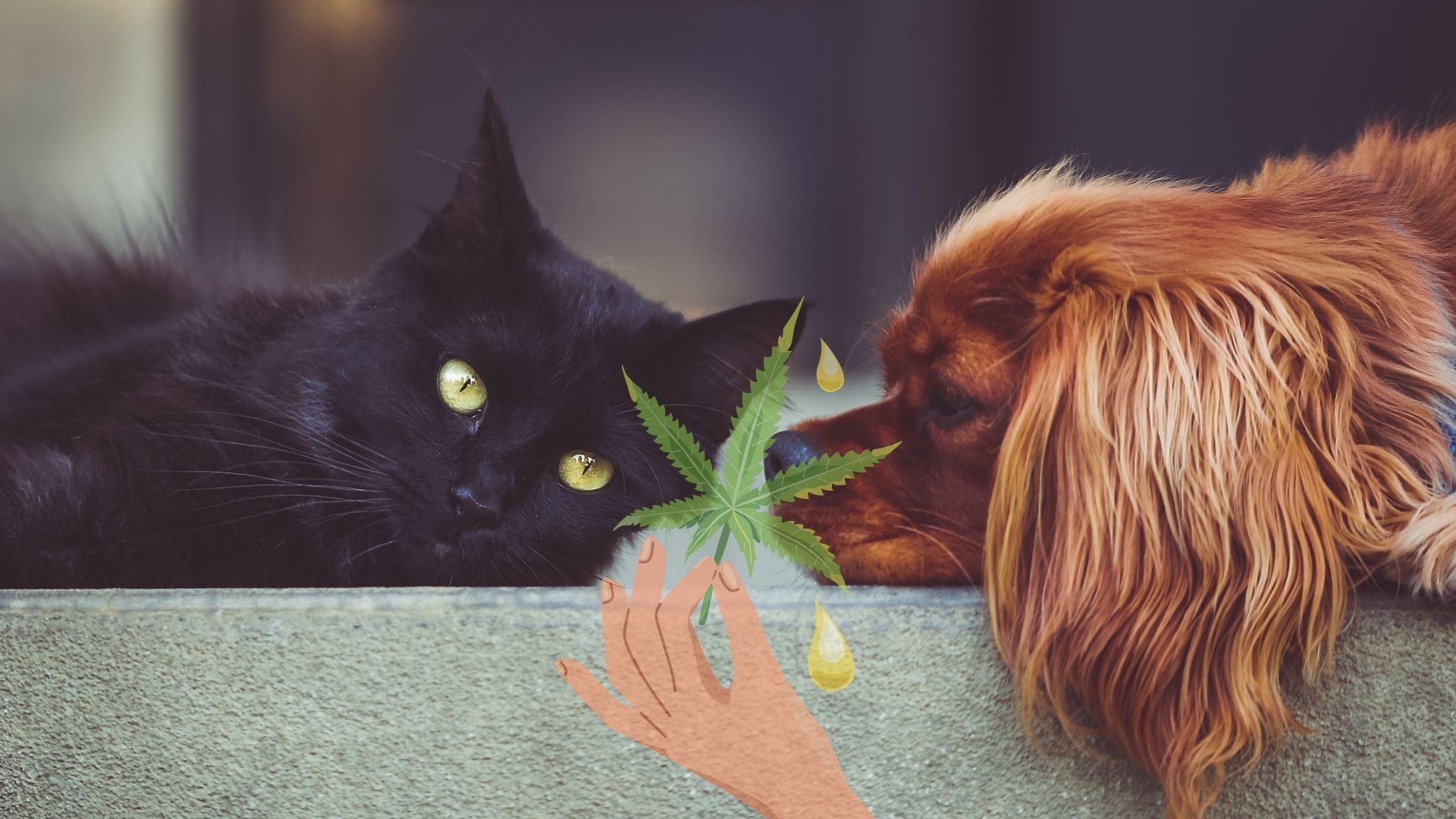
Faced with the many virtues of CBD, many Europeans are turning to the molecule to improve their daily lives. Anti-inflammatory, antidepressant, anti-stress: cannabidiol has many qualities that allow it to improve our daily lives, both for small hassles and to help reduce more serious problems. Yet, even if it is difficult to calculate, the risks of drug interactions do exist. What are they, what groups of drugs are affected and how to avoid interfering with conventional treatment due to taking CBD ? This is what the Weedy.fr team explains to you today.
CBD and drugs: interactions exist
A study by Penn Stage College in the United States has published a list of 57 drugs whose effects may be impaired by cannabis use
THC, a psychoactive substance in cannabis, is of course the first targeted by this study. However, it is not the only one because cannabidiol would also, in specific cases, be responsible for drug interactions. Some products are particularly highlighted by the study, including CBD oil.
The list of medications includes various areas:
- Antidepressants,
- Oral contraceptives,
- Analgesics,
- Anticoagulants,
- Medicines for thyroid problems.
The case of antidepressants is particularly noteworthy. This is because although cannabidiol itself has an antidepressant effect, the combination of CBD / conventional antidepressants is not necessarily recommended since the molecule could inhibit some of their effects. This would be the case in particular for medicinal products based on amitriptyline, clomipramine and lofepramine.
But by the way, how do cannabinoids interact with drugs?

Cannabidiol, like other cannabinoids, has the ability to modify our production of enzymes. CBD can thus promote the production of certain enzymes, when it blocks or slows down others. Specifically, this process takes place in the liver, playing an important role in the metabolism of drugs. And for those who want to go further, you will probably be interested in how the P450 cytrochome works.
Without going into the details of the biochemistry, this means that taking CBD alongside a drug can have two consequences:
- The drug is not synthesized by the body and therefore does not have the desired effects (cannabinoids have blocked its action).
- On the contrary, the drug is “too” assimilated and it is possible to feel side effects not directly related to CBD consumption, but on the contrary to overconsumption of said drug.
OK, but then is CBD a dangerous molecule? No, it would be quite excessive to say that. Cannabidiol in itself is absolutely not dangerous. It remains a natural product with primarily virtuous effects. What happens in some cases when taking medication is thus quite similar to what happens when a pill is swallowed with grapefruit juice which is also a enzyme inhibitor.
Before taking CBD with medication: good to know
If you are planning to take CBD while undergoing medical treatment, regardless of its nature, it is important to know some basic information.
Is CBD a medicine?
No, at least not in France. Although the ANSM (National Agency for Medicines and Health Products Safety) recognizes the value of considering the use of cannabis and its derivatives for medical use, CBD is not yet recognized as a medicine.
Does CBD Have Any Side Effects?
Again, the answer is no. CBD does not currently lead to no known side effects. Beyond the direct side effects, however, it is important to note that the consumption of CBD can on the other hand encourage indirect side effects. These indirect side effects are in fact those of the associated drugs.. This phenomenon is made possible by the ability of cannabidiol to encourage the production of certain enzymes and therefore to induce greater than normal assimilation by the body. In this case, you should rather learn about the potential effects of the drugs in question, and not CBD.
Should we ban CBD when taking medication?
Not necessarily. Drug interactions associated with taking CBD are not automatic. They do not apply to all drugs, nor to all individuals. This is partly due to the enzymes useful for the assimilation of the drugs in question, but also to the law of effect, explaining that we all react differently to cannabinoids, and therefore to cannabidiol.
However, this means in all cases that it is important to opt for a responsible consumption, and not to rely on chance to know if an X or Y drug may have its effects reduced or modified when faced with the consumption of legal cannabis.

The first reflex to have when faced with a possible consumption of CBD in parallel with treatments from conventional medicine is to consult a health specialist, who will be able to advise you on your pathology and its specificities.
Seeking a doctor’s advice will allow you to see more clearly and especially to understand whether it is better to avoid CBD altogether, or on the contrary if it is enough to understand when and how to consume it.
In case you decide to take cannabidiol, it is recommended not to consume them at the same time as your usual treatment, but to space the catches well. Also always start with a low concentration: overdosing is not necessarily dangerous, but unnecessary and can create a form of addiction to cannabidiol which at the same time diminishes its effects.








